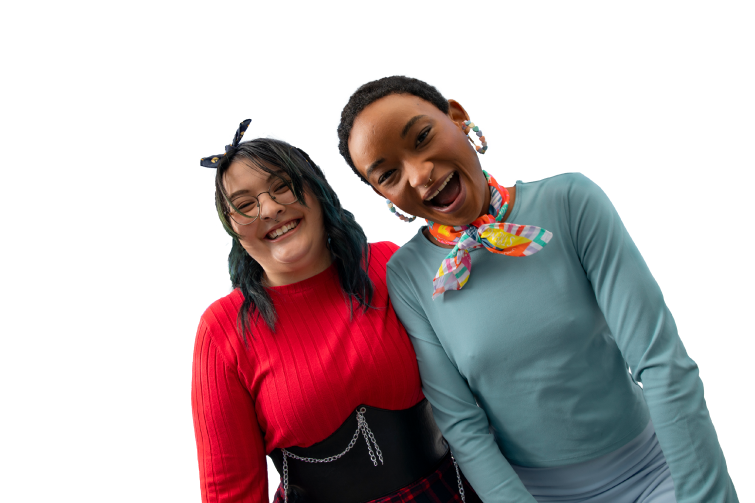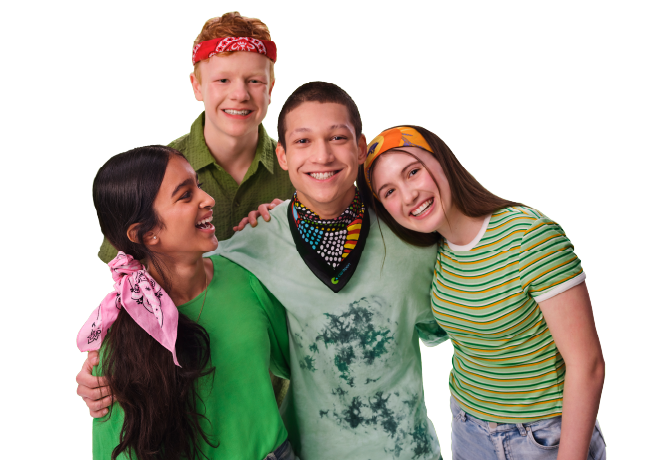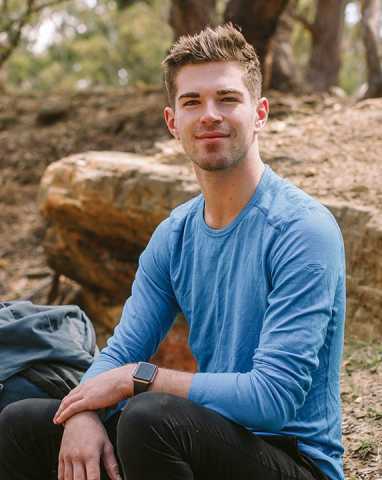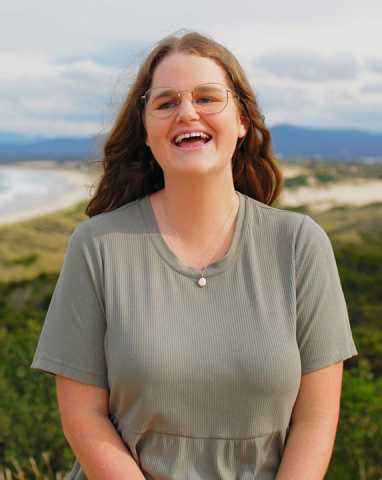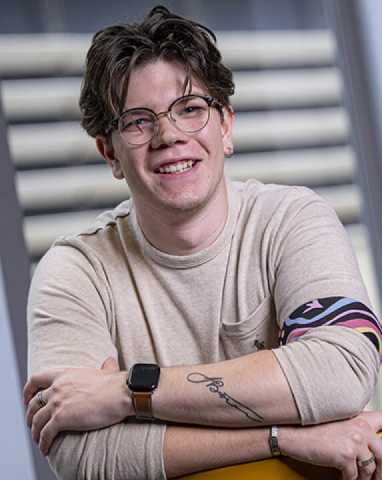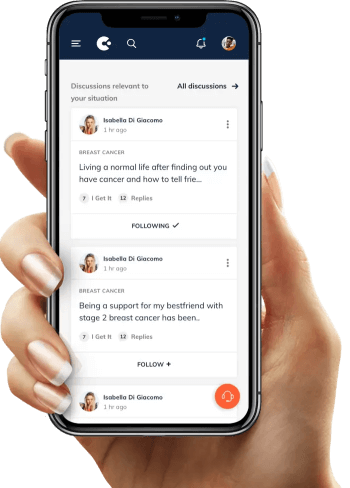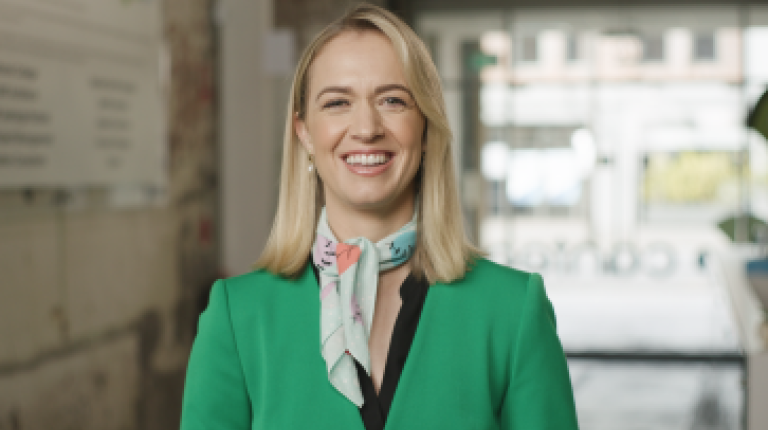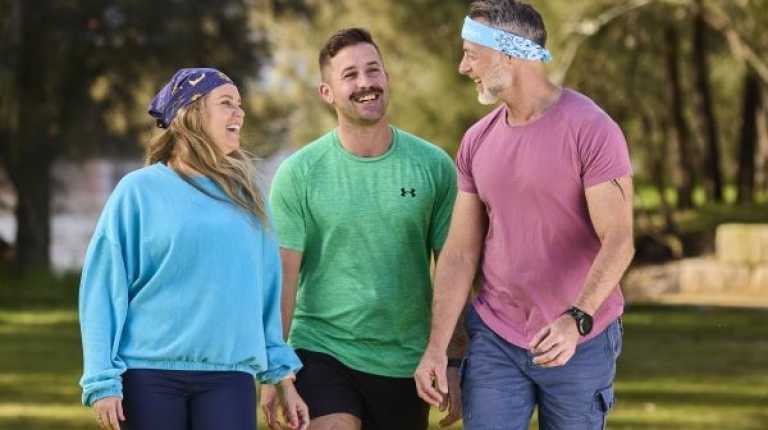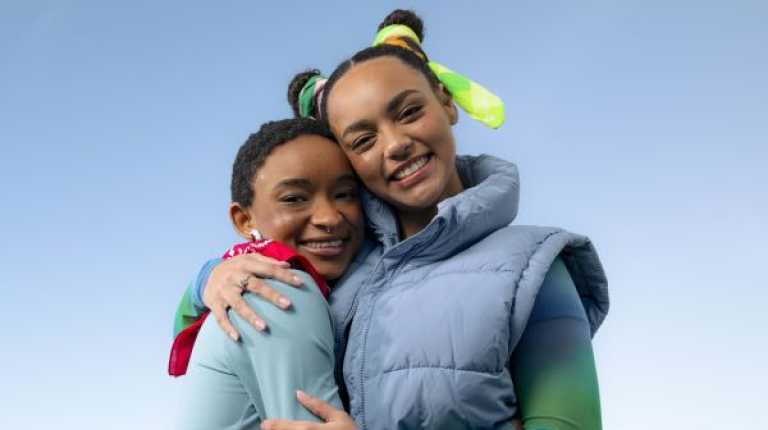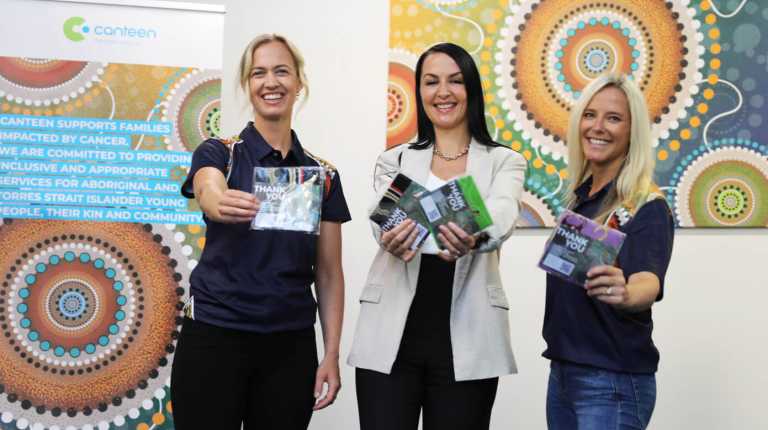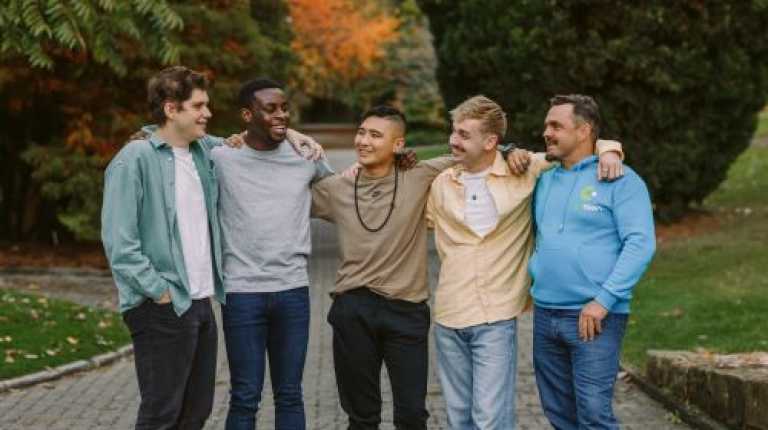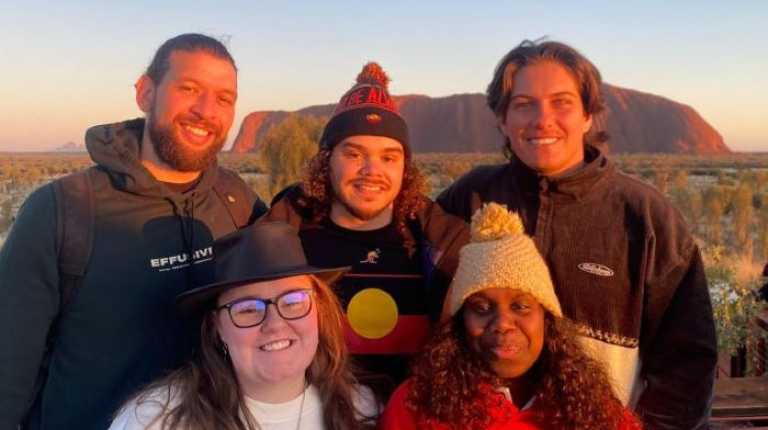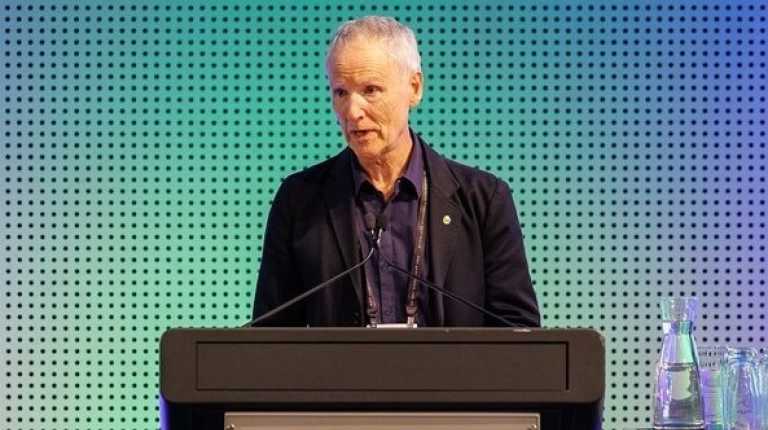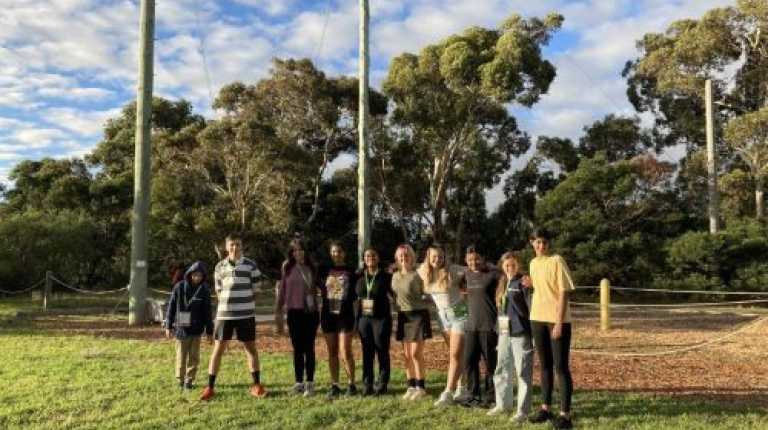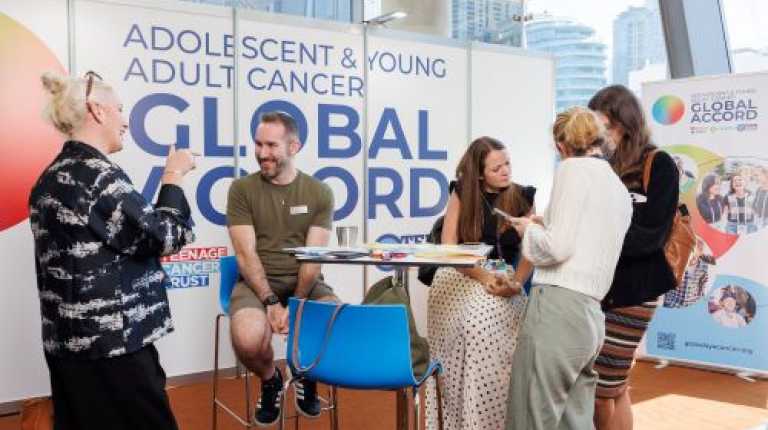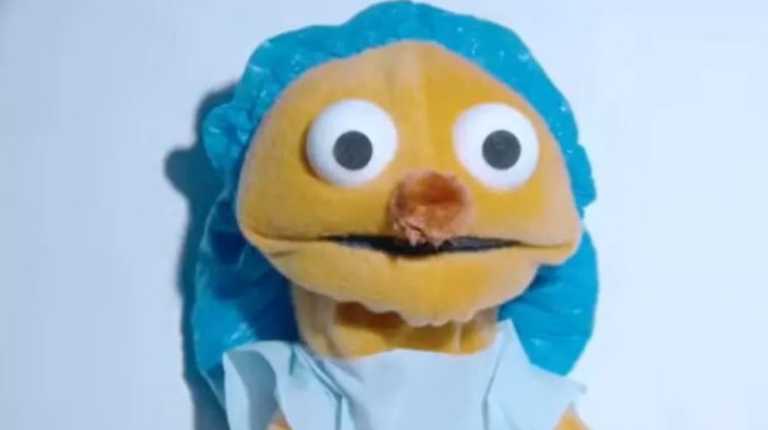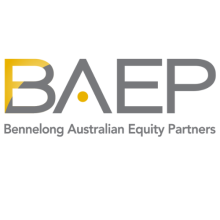THERE'S
A FL!P
A FL!P
SiDE TO
CANCER
CANCER
Canteen provides life-changing support that gets young people through a world turned upside down by cancer.
Cancer changes everything
Canteen is an Australian charity that has provided free and tailored support to young people impacted by cancer for almost 40 years.
Whether young people are dealing with their own diagnosis, a close family member’s cancer or the death of a loved one, Canteen provides a wide range of free support services to help them overcome the specific challenges they’re dealing with.
We also provide services for parents dealing with cancer in their family. Our studies show that when parents are supported through cancer, their children cope much better as well.
23,000/yr
young people have their world turned upside down by cancer every year
See the flipside
24/7
online support in our communities for young people and parents.
Flip back
4 out of 5
young people impacted by cancer feel distressed and alone
See the flipside
83%
young people feel better and cope better with Canteen’s support.
Flip back
Real stories
Meet some amazing Canteen young people
News & Reports
Read the latest news featuring stories from the young people we support as well as updates on our research and services.
Partners
Meet some of our corporate and community partners and find out how you can partner with us to support young people impacted by cancer.





